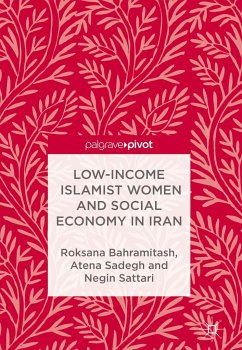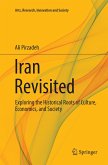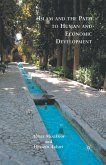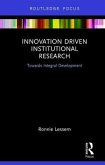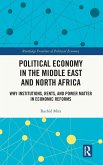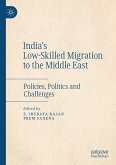This book presents an innovative analysis of the solidarity/social economy among low-income religious women in Iran. For years, the role of low-income women in community care and poverty reduction has been underestimated and under-researched in the broader academic community, due to the "invisible" nature of these informal and predominantly religious networks. As economic hardship in Iran increases, women in the community have mobilized to bring assistance to those struggling to make ends meet. The culmination of years of fieldwork in different parts of the country, this book sheds light on how religious women form the backbone of Iran's social safety net as the welfare state fails and social protection policies dwindle.
Bitte wählen Sie Ihr Anliegen aus.
Rechnungen
Retourenschein anfordern
Bestellstatus
Storno

